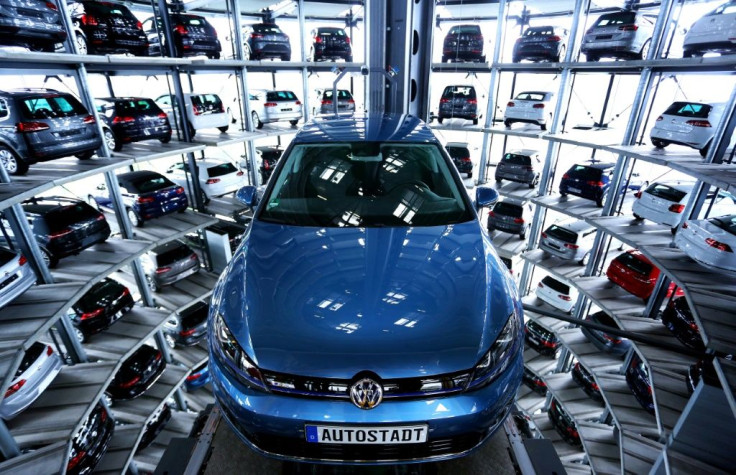Meet The Startup Aiming To Fix Battery Decay In Electric Cars, Coreshell Technologies

Electric vehicles are an essential part of creating a greener and more sustainable future. However, the lithium-ion batteries that power them face one critical shortcoming: battery decay over time.
The startup, based in San Leandro, California, is aiming to make significant improvements to the batteries available in these cars. This includes increasing their capacities and lengthening their lifespans, as well as making them cheaper. On Thursday, the company announced it had raised $4 million and partnered with BASF SE, a German chemical company, to achieve the goals.
Coreshell’s primary innovation involves a coating that will be applied directly to the electrodes in a lithium-ion battery. This would prevent the ions from getting stuck as they move from electrode to electrode, preventing the depletion and build-up that causes batteries to decay. The main hurdle will be finding a way to integrate the coatings during the battery assembly process.
“It has to fit into that style of processing” Jonathan Tan, CEO and co-founder of Coreshell, explained. “And that’s not something that anyone has been able to do before with these coatings.”
Modern lithium-ion batteries are estimated to last roughly 2-3 years before becoming unusable, or roughly 300-500 full recharge cycles, whichever comes first. In electric cars, these batteries are estimated to last around 65,000 miles before needing to be replaced, far lower than the mileage expected during the lifespan of a car.
The cost to replace these batteries varies by company, but generally reach into the thousands of dollars. The Nissan Leaf battery is known to cost $5,500 to replace.
© Copyright IBTimes 2025. All rights reserved.



















